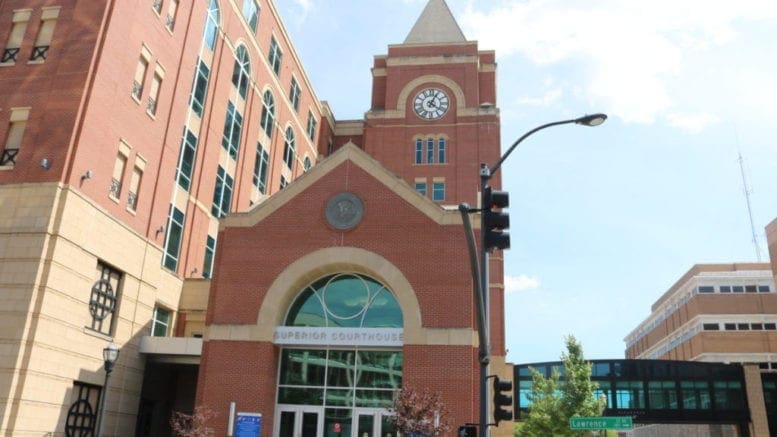Cobb County announced in a news release on its website that Chief Judge Gregory Poole of the Cobb Judicial Circuit has extended the Judicial Emergency within the Superior Court of Cobb County for 30 days.
The emergency was declared at the beginning of August due to the backlog of cases in the Superior Court Clerk’s office, including serious lapses in document availability.
The new expiration date for the declaration is October 6, 2024.
The news release states that while the situation in the Clerk’s Office environment regarding document availability has improved, a significant backlog remains.
“Some documents dating as far back as November 2023 remain unindexed,” the news release states.
Judge Poole believes that the backlog and disruption of document availability poses serious due process and constitutional concerns. At this point indigent defendants are still be charged for documents regarding their cases.
The news release states:
Under state law, Judicial Emergencies are permitted when the Chief Judge determines there is an emergency so serious that the judicial system cannot function normally and that the public, in many instances, will not be able to use the judicial system or meet deadlines imposed on them by a court. The Judicial Emergency may suspend deadlines and otherwise grant relief for an initial period of 30 days and can be extended for no more than two periods not exceeding 30 days. The Notice filed today is the first extension.
To read more details, follow this link to the article on the Cobb County website.
To read the judge’s decision, follow this link to the Notice Extending Judicial Emergency.
What is Cobb County Superior Court?
In Georgia, the Superior Court is one of three trial courts found in each judicial circuit. The other two trial courts are State Courts and Probate Courts.
If you watch TV or movie courtroom dramas you’ll be familiar with the most high-profile role of the court. A Superior Court in Georgia would be the court where a murder trial would be conducted.
So the Superior Court conducts felony trials.
But it also handles a number of other types of cases.
The Georgia Superior Courts website describes the varied functions as follows:
The Superior Courts of Georgia is a court of general jurisdiction handling both civil and criminal law actions. Superior Court Judges preside over cases involving misdemeanors, contract disputes, premises liability, and various other actions. In addition, the Superior Court has exclusive equity jurisdiction over all cases of divorce, title to land, and felonies involving jury trials, including death penalty cases.
How are Superior Court judges chosen?
Superior Court judges are elected for four-year terms in nonpartisan elections. If a judge resigns or retires, the governor will appoint a replacement to serve out the judge’s unexpired term.
The requirements to run for a Superior Court seat are that the candidate be at least thirty years old, has been a Georgia citizen for at least three years, and the candidate has practiced law for at least seven years.
How do I learn about Superior Court judges before elections?
Judicial races are among the most difficult for the public to research, but the internet has made it easier.
For Cobb County judicial elections there are a number of media that cover the courts and candidates, including here at the Cobb County Courier, the Marietta Daily Journal, the Atlanta Journal Constitution, and East Cobb News.
For biographies of judicial candidates, you can also visit the campaign web pages of the candidates. Those biographies are of course, written to put the candidate in the best light, but it’s a good starting point for determining the candidate’s educational and employment background.
To get a list of the candidates, visit the Georgia Secretary of State page for qualified candidate information at https://sos.ga.gov/qualifying-candidate-information
Superior Court is considered a state office, so you would select “State” on the Office Type pulldown menu, the General Primary/Special Election under the Election menu, and “Non Partisan” under the Party menu. Then under Offices scroll down the pulldown menu until you find the Superior Court race you are looking for.
